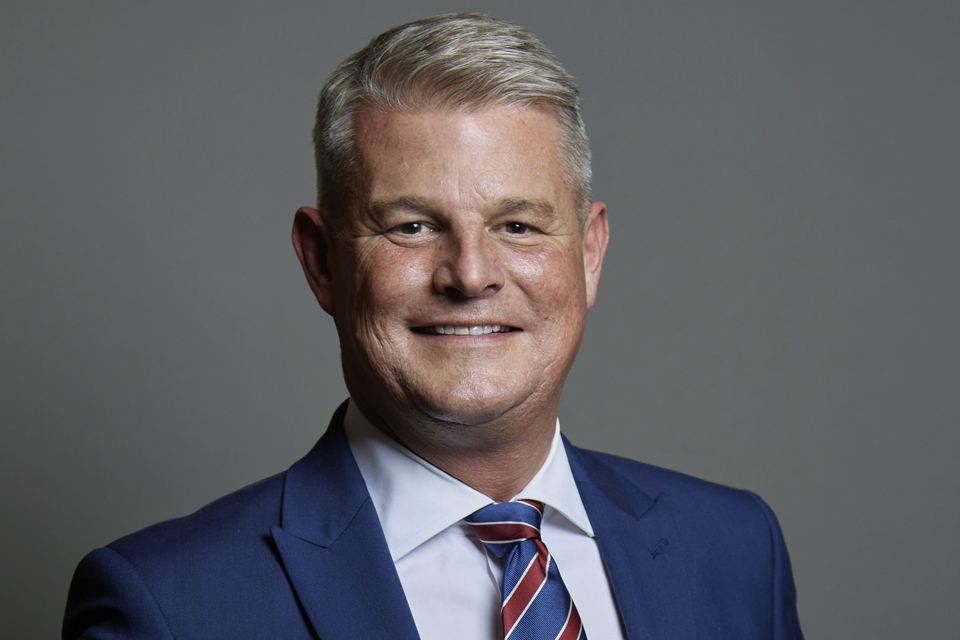
- Select a language for the TTS:
- UK English Female
- UK English Male
- US English Female
- US English Male
- Australian Female
- Australian Male
- Language selected: (auto detect) - EN
Play all audios:
Harold Evans who has died aged 92 was the greatest 20th century British newspaper editor. It wasn’t just the big stories the _Sunday Times_ broke under his editorship between 1967 and 1981,
it was a whole approach to what a newspaper should be that made him an historic figure. He was the antithesis of the modern newspaper editor. From a working class background, he left school
at 16. Unlike many modern editors who see themselves as shapers of politics, Evans was not much interested in the who’s up and who’s down of Westminster. His period as editor covered four
prime ministers from Harold Wilson to Margaret Thatcher. The _Sunday Times_ reported politics and Westminster intrigues, but Evans wanted attributable quotes and real news. What he didn’t
want was the glued together, off-the-record quotes from ministers, MPs and advisors which passes for political reporting in the Sunday papers today. He loved the phrase: “News is what
somebody, somewhere wants to suppress. All the rest is advertising.” Evans was in love with news and wasn’t interested in being a Poundland power player in the political world. He broke big
stories. Exposing the Thalidomide scandal is the one most mentioned. But the_ Sunday Times_ also named Kim Philby as the “Third Man”. A decade later, one of his successors as the paper’s
editor published the fake Hitler diaries after they had been “verified’ by the high Tory historian Hugh Trevor Roper. By then the _Sunday Times_ was owned by Rupert Murdoch, and the press
began to take on a different character. There was a new indifference to the truth and a cynicism. A string of editors sucked up to the Thatcher government, and in so doing helped to destroy
the good name of British newspaper journalism that Evans had done so much to establish. When Evans became editor of the _Sunday Times _I was a mere student journalist at Oxford, with friends
like Roger Alton who went on to become editor of the _Observer_ and the _Independent, _and Anthony Holden who became a star _Sunday Times_ writer and a close friend of Evans. We had on our
shelves the four volumes Evans wrote about the craft of journalism — how to spot a news story, how to write it, how to edit it, the importance of headlines and lay-out and pictures. They
remain the best guide to the trade of journalism and editing. We invited him up to Oxford and literally sat as his feet in the Randolph Hotel as he gave a master-class in writing and
editing. There was no side, no self-importance, no desire to be a TV personality like so many of the Murdoch editors, just an infectious enthusiasm for reporting the news. Evans offered both
Tony Holden and I a two-year traineeship on the _Sunday Times_. It was blocked by the National Union of Journalists chapel on the paper. The NUJ had a rule that no-one could go straight
into Fleet Street without first working two years in the provinces. In fact, the NUJ was right and Evans’s generous offer was wrong. He himself had worked his way up from a local weekly
paper to the _Manchester Evening News_ and then the editorship of the _Northern Echo_, before being picked by Roy Thompson for the _Sunday Times_. Journalism in the Evans era was a rare
profession where the non-university entrant could rise to become a star. It has now changed. Papers are run by graduates, few of whom have much connection to the daily lives of their
readers, or who have anything like the reporting background that Evans had. The stories Evans boke in the 1970s were amazing. He sent a team over to investigate Bloody Sunday when British
paratroopers shot Irish civil rights demonstrators in Derry. It was a shameful moment in the British Army’s history and it helped turn the conflict in Northern Ireland into an all-out urban
civil war. He also defied government censorship in publishing Richard Crossman’s diaries. Now we take politicians’ diaries for granted, even as they descend to the low gossip. But back then
you had to wait 30 years to read them. Evans swept aside that convention to lift the lid on the Labour government 1964-70. He couldn’t stop writing, subbing, laying out and bringing in new
talent, from Jilly Cooper to Joan Smith. He made the _Sunday Times_ the most brilliant read of any newspaper produced in Britain since 1945. He also wrote an excellent guide to skiing called
_We Learned to Ski_. The manual showed all the Evans skill in his ability to write about a complex, technical subject in clear English, while appreciating the nervousness of the first-time
skier — something that professional ski instructors had forgotten about. He had a new life in New York with Tina Brown, another young journalist turned star editor. He continued as an
editor, a writer of best-selling histories, and he shared in Tina Brown’s Manhattan salon at which Henry Kissinger, Tony Blair and Martin Amis might all be seen. Since Evans’s time, the
newspapers have become the plaything of off-shore proprietors, who pay no tax in Britain, live elsewhere, but seek to dictate to democratically-elected politicians. Evans couldn’t stand
Rupert Murdoch. It’s understandable. One man embodied, and helped create, a golden age of British newspapers — the other tore it all down. I doubt we shall ever see an editor like Harold
Evans again.






